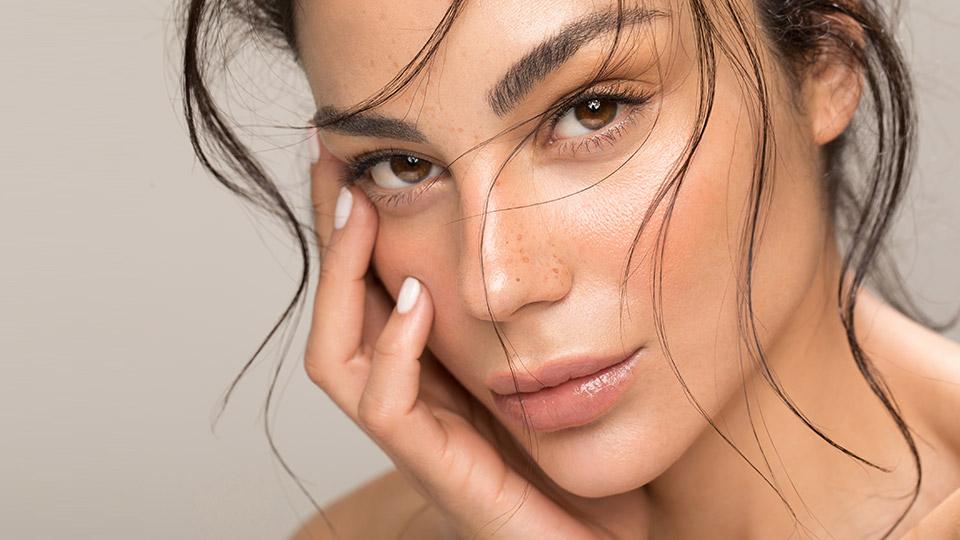Eliminating beauty standards altogether is a complex and challenging proposition. While there are compelling arguments for moving away from rigid and harmful beauty standards, it’s important to consider the practical implications and potential consequences of such a shift.
Completely eliminating beauty standards would require a significant shift in cultural norms and would likely face resistance from those who are attached to traditional ideals of beauty.
Completely eliminating beauty standards would necessitate a significant shift in cultural norms and would likely encounter resistance from those who cling to traditional ideals of beauty. Throughout time, different societies have had their own beauty ideals, reflecting cultural values, traditions, and perceptions of attractiveness.

Moreover, some level of beauty standardization is inherent to industries like fashion, cosmetics, and entertainment. These industries often rely on certain aesthetic principles to market products and create visual appeal.
Eliminating beauty standards could disrupt these industries, potentially affecting livelihoods and economies.
Additionally, it’s important to acknowledge that not all beauty is inherently harmful. While some standards promote unrealistic and unhealthy ideals, others emphasize qualities like health, confidence, and self-expression.
Personal grooming, self-care, and creativity benefit from these positive aspects of beauty standards, and it is important not to dismiss them entirely.
Instead of eliminating beauty altogether, a more practical approach may be to redefine and diversify them.
Encouraging a broader range of representations in media and advertising, including people of different ethnicities, body types, and gender identities, can help reduce the harm associated with rigid beauty ideals. Promoting authenticity and self-acceptance should also be a priority.
Furthermore, education and awareness campaigns can help individuals develop a critical perspective on beauty standards and their impact on self-esteem.
Teaching media literacy and self-esteem-building skills can empower people to make informed choices about their own self-image.
Conclusion
While completely eliminating beauty may be impractical. Reforming and diversifying beauty is necessary to reduce harm and promote a healthier, more inclusive perspective on beauty.
It’s essential to strike a balance between acknowledging the positive aspects of beauty and challenging harmful and unrealistic ideals. 온라인카지노